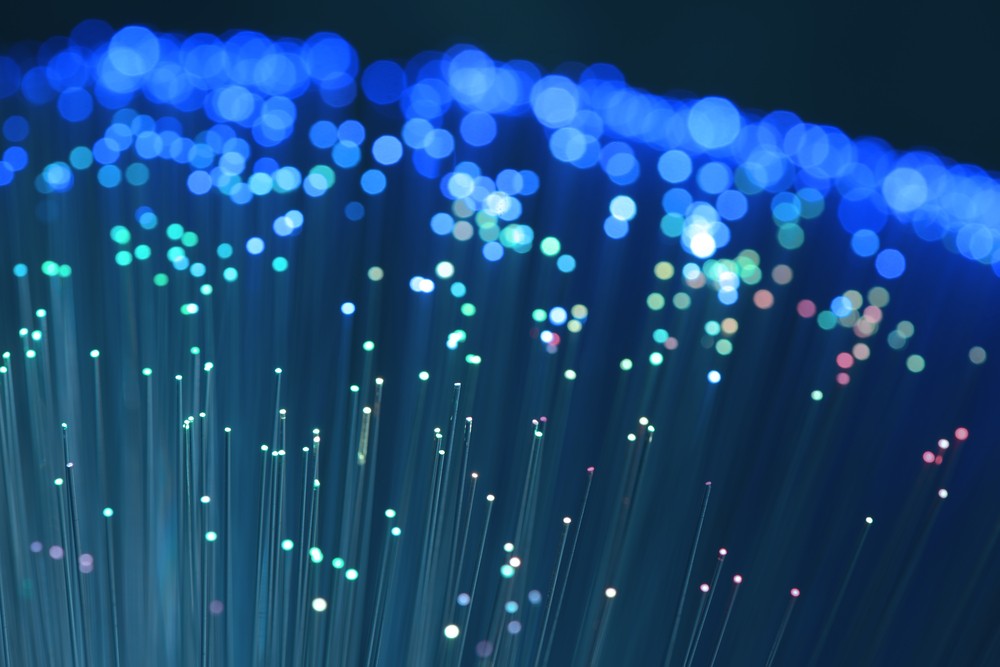Nokia is providing optical upgrades to Gulf Bridge International, a global cloud, connectivity and content enabler in the Middle East. This solution will increase GBI’s international network capacity ahead of the World Cup to enable high-speed connectivity between Doha, Qatar and Milan, Italy. Nokia’s PSE-V coherent technology will allow GBI to provide important capacity upgrades to its existing subsea cables and terrestrial links spanning two seas and three countries to meet customer demand for additional bandwidth between the Middle East and Europe.
GBI will upgrade its Nokia 1830 Photonic Service Switch (PSS) optical transport platforms with new network interface cards powered by the Photonic Service Engine V (PSE-V) digital signal processors. This will enable upgrade to wavelength connections from 50 Gbps to 200 Gbps over GBI’s existing end-to-end subsea cable and terrestrial links spanning thousands of km and will allow the introduction of 400 Gbps services in the future.
The solution maximizes the capacity of two existing subsea cable links by greatly improving the optical spectrum efficiency through advanced techniques such as continuous baud rate adjustment. It also eliminates regeneration of the optical signal over two long-haul terrestrial links. Removing the need to convert between optical and electrical signals to boost the optical signal at intermediate regeneration points increases network efficiency and reduces latency and cost.
Gavin Rea, Chief Technical Officer at GBI, said: “We selected Nokia because its proven PSE technology will enable us to grow the capacity of our subsea cables and terrestrial networks efficiently and cost-effectively. We will be able to meet our customers’ increasing demand for the best connectivity services between the Middle East and Europe while ensuring that we can increase speed and capacity in the future. These routes are critical to our international carrier-grade fiber-optic Smart Network that connects service provider, cloud provider and enterprise customers to important financial and communications hubs across the Middle East, Europe, Africa and Asia.”
Manuel Ortiz Fernandez, Senior Vice President of EMEA Webscale Business, said: “There is a growing need for wholesale services that provide higher speed, reliable connectivity between cloud data centers, co-location facilities and interconnection hubs in the Middle East and Europe. We are delighted that GBI has selected Nokia to upgrade important routes of its Smart Network. GBI’s customers will benefit from the scale, reliability and efficiency of our optical solution while GBI will be able to increase network capacity while reducing network operations costs.”




